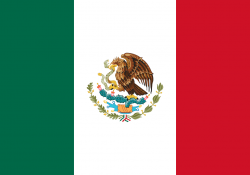KEI files amicus brief in case involving patent exhaustion of self-replicating technology
On Monday, December 10, 2012, Knowledge Ecology International (KEI) filed an amicus brief in a case before the Supreme Court of the United States involving application of the patent exhaustion doctrine to self-replicating technology. KEI filed in support of the petitioner, urging the Supreme Court to find that the patent exhaustion doctrine does in fact apply to self-replicating technology and that the patent holder’s rights in the present case were exhausted with the sale of the first-generation of the technology, in this case a seed. Continue Reading

